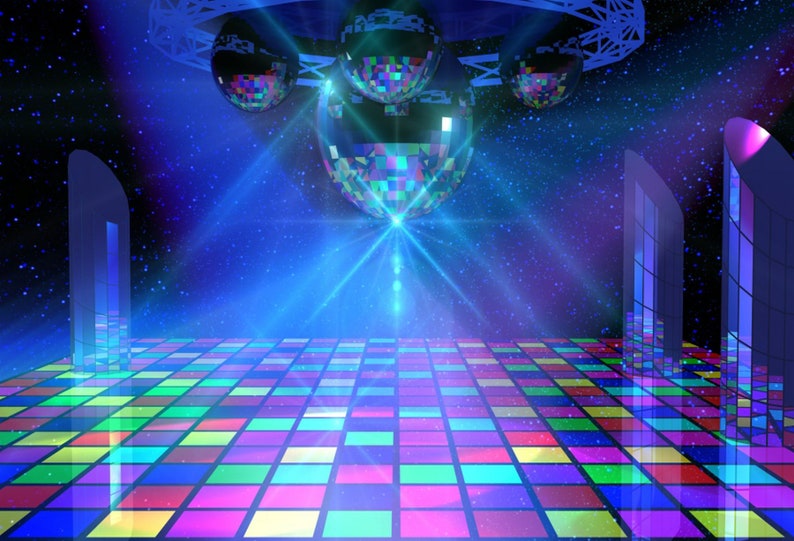
♣︎♣︎please remember that upgrading shipping does not cut the processing time.
#90s photo backdrop upgrade#
(no shipping or proofs are sent on weekends)įREE 2Day Shipping (Processing time still applies)ġ Day Shipping Upgrade Available at Checkoutġ Day Overnight Saturday Delivery Available at Checkout Please, check the shop announcement for most current processing times. The proof will be sent to you before printing. Date of Event ➡️SUPER Important you include the date needed by.ģ. Once purchased, please include your PERSONALIZATION INFO in the notes to seller or GET it Blank with no writing.Ģ. Please select the size you need from the drop-down menu. They are people who needed help, and their memory should be respected and preserved, not commodified on eBay.♥♥ Backdrops work great in Kids rooms to create their favorite scene. They are not ghosts or artifacts or objects to be hung on a wall. The people who lived and died in asylums and institutions in the past suffered in ways we can barely imagine. We especially want families to be able to find the records of their loved ones.īut more than that, we hope the public will stop thinking that disability and mental illness are a source of amusement. And we want official archives and state departments to be accountable for their past bad practices, and to be more proactive about retrieving these items and keeping them safe. We want proactive, not reactive, policies that protect disabled people’s privacy. What we want is for e-commerce platforms like eBay to take more accountability for what they sell, some of which is related to children. What we want is for this practice to stop, once and for all. People selling such records are quite simply (illegally) profiting off the suffering of others.
#90s photo backdrop trial#
There’s a New, Chaotic Possibility in the Elon Musk–Twitter Trial Why Has the Misleading “Chemical Imbalance” Theory of Mental Illness Persisted for So Long? Psychiatric patients in the past were people, in the same way that you and I, with depression or ADHD, are. Why are we so fascinated by what is clearly pain and darkness, even knowing that the people who look up at us from the ID cards and the files may well be alive today? At what point is madness and disability just disembodied “entertainment”? When did we lose track of the real human suffering behind these objects? Psychiatric hospitals are not haunted houses: They were very real places where people lived and died, often in terrible conditions, sometimes trying hard to get well and return to their loved ones. And now we have evidence that someone has found-or worse, possibly, stolen-records that should at least have been moved to state archives. This has frustrated and traumatized family members and descendants trying to find out information about their loved ones, or their own family medical histories. In their haste to close these places down and shield themselves from prosecution, state health departments were often lax in the collection and storage of records, especially as large, multibuilding sites were demolished for land sale or new development. For Black patients, their experience in these hospitals was shaped by a virulent racism responsible for decades of abuse and misdiagnosis. The process of closing them down was chaotic- patients’ rights court cases and newspaper exposés found terrible conditions, substandard treatment, and people confined for many decades with no attempt at rehabilitation.

The archivist said that people in this office were “very distressed” by our findings and that they would step in to stop the sale of the items on eBay and have them lodged with the state archives.įrom the 1960s, up until the early 21st century, large psychiatric hospitals like the ones that these records are from were gradually closed. A helpful archivist let us know that these types of records still technically belong to the New York State Office of Mental Health and Office of People With Developmental Disability, which are in the process of transferring their holdings to the state archives in Albany. We were able to get in touch with one of the archivists at the location of the New York state archives that already has records from some of the hospitals in question.

Our next move was to contact a history of medicine library that might be interested in buying these things, just to have them removed, and that might either form a collection or donate items to the proper state archive. First, we contacted eBay via their violation policy portal we initially received no answer. Our history of medicine reading group helped us in this effort. Our immediate reaction was to do everything possible to try to have them taken down.


 0 kommentar(er)
0 kommentar(er)
